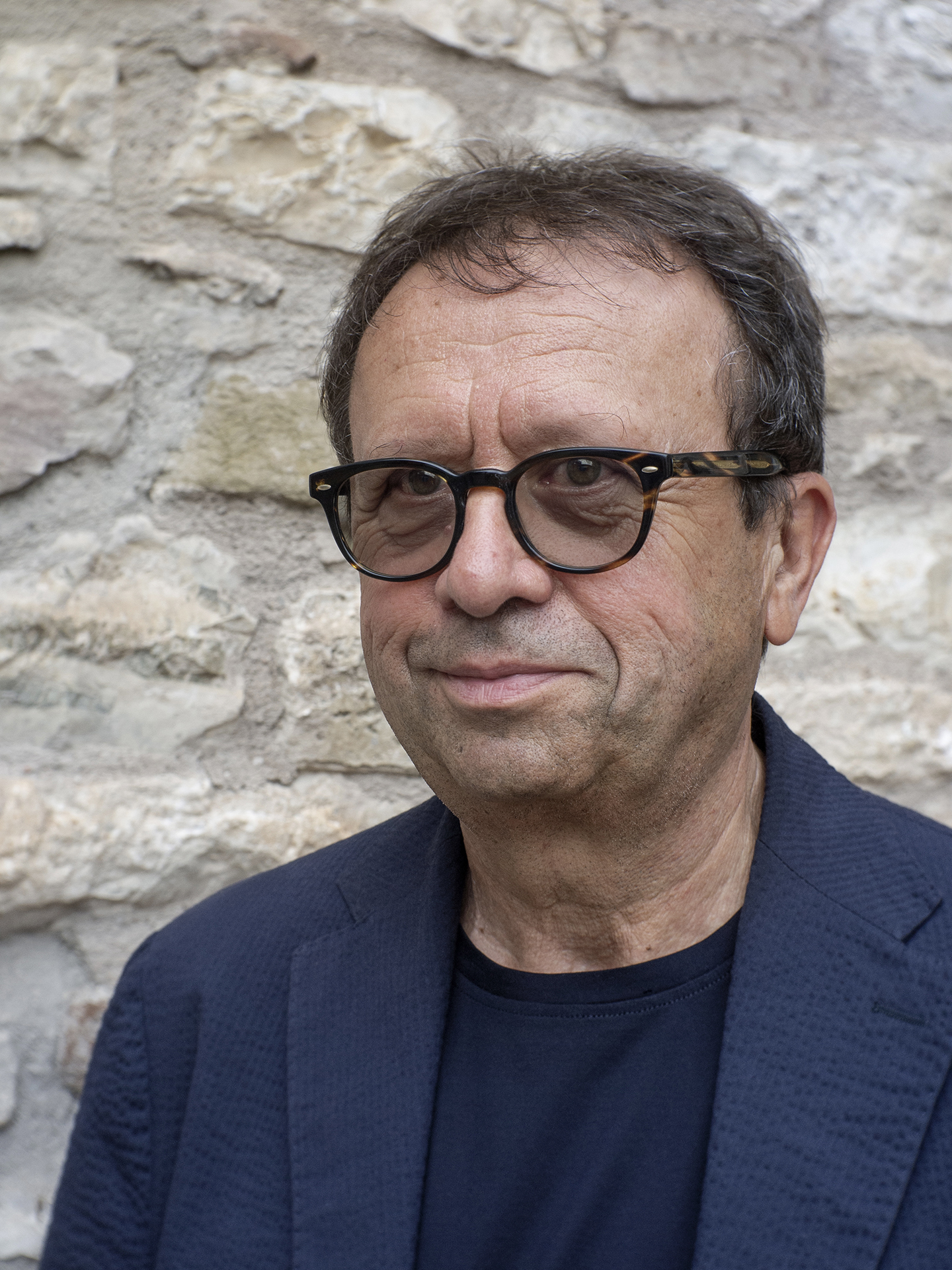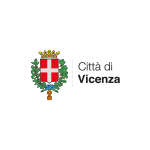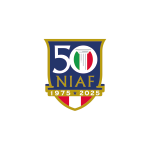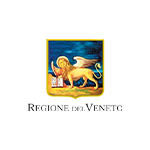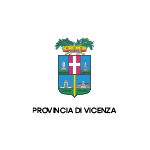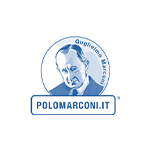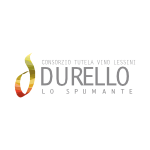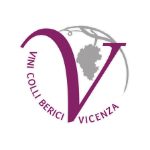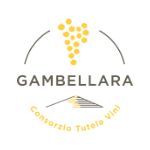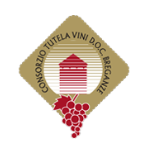Italian and American institutions, leading figures from the cultural, artistic, and economic sectors, as well as internationally renowned experts and professionals. A special opportunity to meet exceptional guests such as writers, filmmakers, historians, artists, Michelin-starred chefs, and influential figures from the Italian-American scene.
The history of cuisine often carries with it a myth of origins: the idea that there is a magical point in time when everything begins and everything is explained—where the secret of our identity lies.
But origins, in and of themselves, explain little. Identity is the product of history, born of encounters, contaminations, and often unpredictable crossings.
A plate of spaghetti with tomato sauce is enough to prove it. Or polenta with beans. Or a dish of potato gnocchi. None of this would exist without the meeting between Europe and America.
Following the trail of dishes we consider “typically Italian,” Massimo Montanari—a leading historian of food—shows us that searching for the roots of our identity (who we are) almost never leads us to who we were, but rather to other peoples, cultures, and traditions that, by mingling with our own, shaped what we have become.
